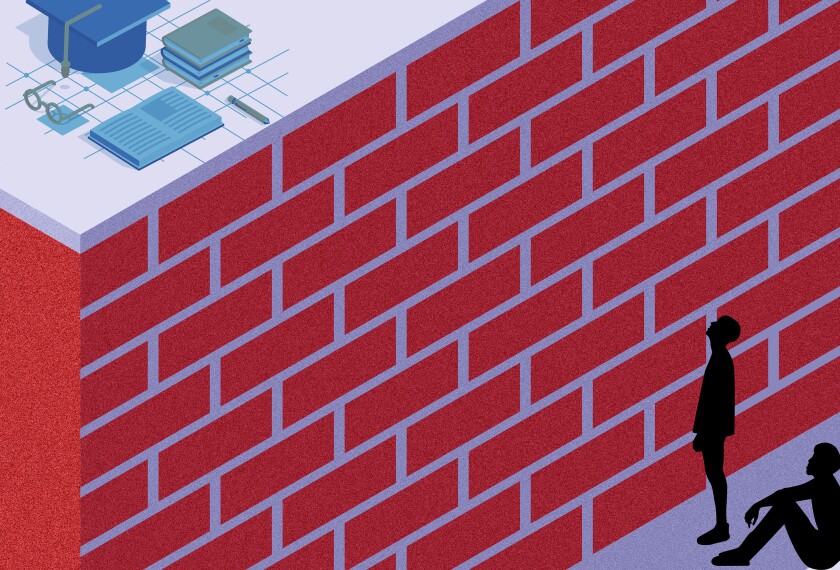To the Editor:
The recent National Assessment of Educational Progress release illustrated what we already know: There’s no doubt many students experienced trauma and unfinished learning during these last three school years (“Digging Deeper Into the Stark Declines on NAEP: 5 Things to Know,” Sept. 2, 2022). Many students need personalized approaches and extra supports. But instead of focusing on catching up, let’s use this as an opportunity to reenvision how our education system operates.
In fact, 91 percent of parents are calling for reinventing education to better meet students’ needs, according to a May 2021 survey of public school parents. It’s time we modernize education to better recognize the learning and skill building that happened during the pandemic.
What if we reimagined how we assess student progress altogether? Assessment should be meaningful. It should allow students to show what they know and demonstrate mastery, tell them in real-time how they’re progressing and what they need to do next, and give them the supports they need to do so.
Unfortunately, 2022 data from Learning Heroes show a disconnect between the perception and reality of student progress—about 92 percent of parents and caregivers report their child is at or above grade level in reading and math. But the most recent NAEP results show that less than a third of students are proficient.
None of this is new. Kids have always been in different places in terms of progress on building knowledge and skills. But we must redesign learning experiences to be more student-centered and responsive to families and communities. Our education systems just haven’t learned how to personalize learning to meet these needs and create competency-based pathways.
Let’s use this time to reimagine what our education system can look like to be more personalized, equitable, and just for all learners to prepare them for flourishing futures and lifelong learning.
Susan Patrick
President and CEO
Aurora Institute
Arlington, Va.


